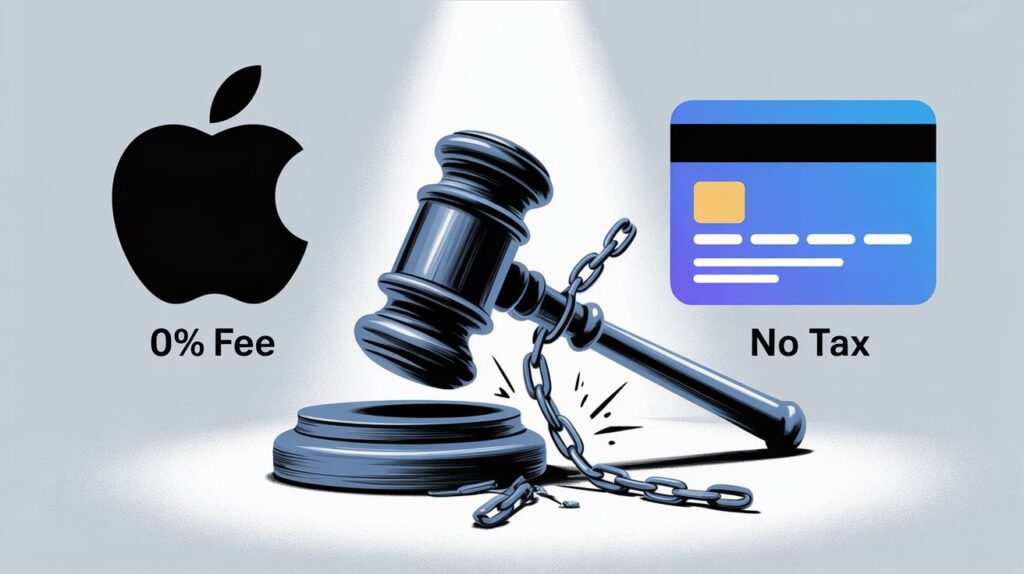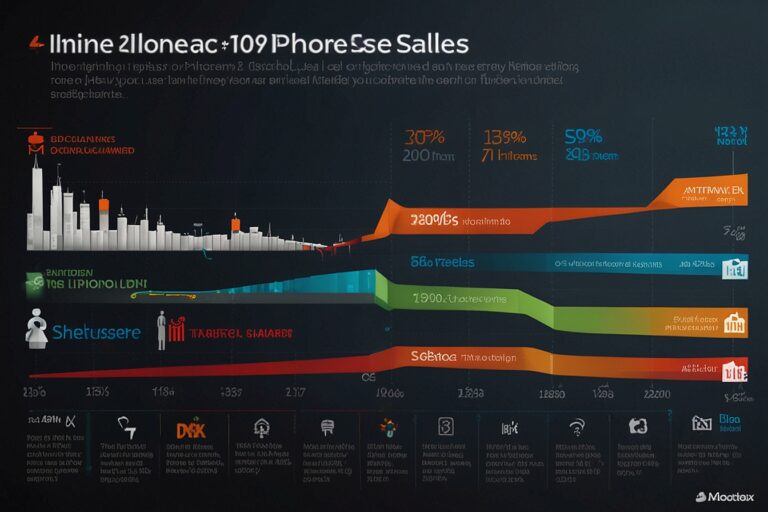
TL;DR
- U.S. court denies Apple’s request to keep charging developers for external payments
- Ruling enforces 2021 injunction: no App Store commission for out-of-app links
- Spotify, Amazon lead the shift with updated direct billing options
Apple’s long-running effort to control app payment routes took a serious blow this week after a U.S. federal court denied its emergency motion to maintain fees on external transactions. The move enforces a prior antitrust ruling and opens the door for developers to freely link out of iOS apps for purchases, without triggering Apple’s 27% commission.
Read the court’s denial filing (June 4, 2025, PDF)
Legal Momentum Breaks Apple’s App Store Grip
In the decision, the 9th Circuit Court of Appeals rejected Apple’s attempt to delay compliance with a 2021 injunction that barred the company from enforcing anti-steering provisions, rules that prevented developers from directing users to external payment options.
“Apple bears the burden of showing that the circumstances justify… discretion,” the court said. “We are not persuaded that a stay is appropriate.”
U.S. Court Filing, 9th Circuit, June 2025
The case originated from Epic Games’ 2020 lawsuit, and Epic CEO Tim Sweeney was quick to declare the end of what he called the “Apple tax.”
“The long national nightmare of Apple tax is ended.”
Tim Sweeney on X (June 4, 2025)
Ruling Timeline: From Violation to Enforcement
| Date | Legal Milestone | Outcome |
| Sep 2021 | Injunction issued in Epic v. Apple | Apple ordered to allow external links |
| Apr 2025 | Apple ruled in willful violation | Court reactivates enforcement |
| May 2025 | Apple files emergency stay + appeal | Attempt to delay compliance |
| Jun 2025 | Stay officially denied by 9th Circuit | Ruling must be enforced now |
9th Circuit Filing (PDF), Bloomberg Law, Epic Games
Apps Are Already Adapting
Apple had previously allowed some developers to use non-App Store payment mechanisms, but continued to impose a 27% fee and insert “scare screen” alerts when users tried to leave its ecosystem. Those conditions are now prohibited under the court’s ruling.
Major companies are acting fast:
- Spotify has pushed an update enabling external payments for subscriptions
- Amazon has similarly restored external payment pathways in its iOS app
Both moves reflect a broader shift toward platform neutrality, a key goal in antitrust battles over App Store dominance.
What’s Next?
The ruling doesn’t end Apple’s appeal, but it does enforce compliance immediately. This significantly weakens Apple’s control over in-app commerce in the U.S. and sets a precedent for similar challenges globally. Smaller developers are expected to follow the lead of Spotify and Amazon, reshaping how value flows through mobile ecosystems.




